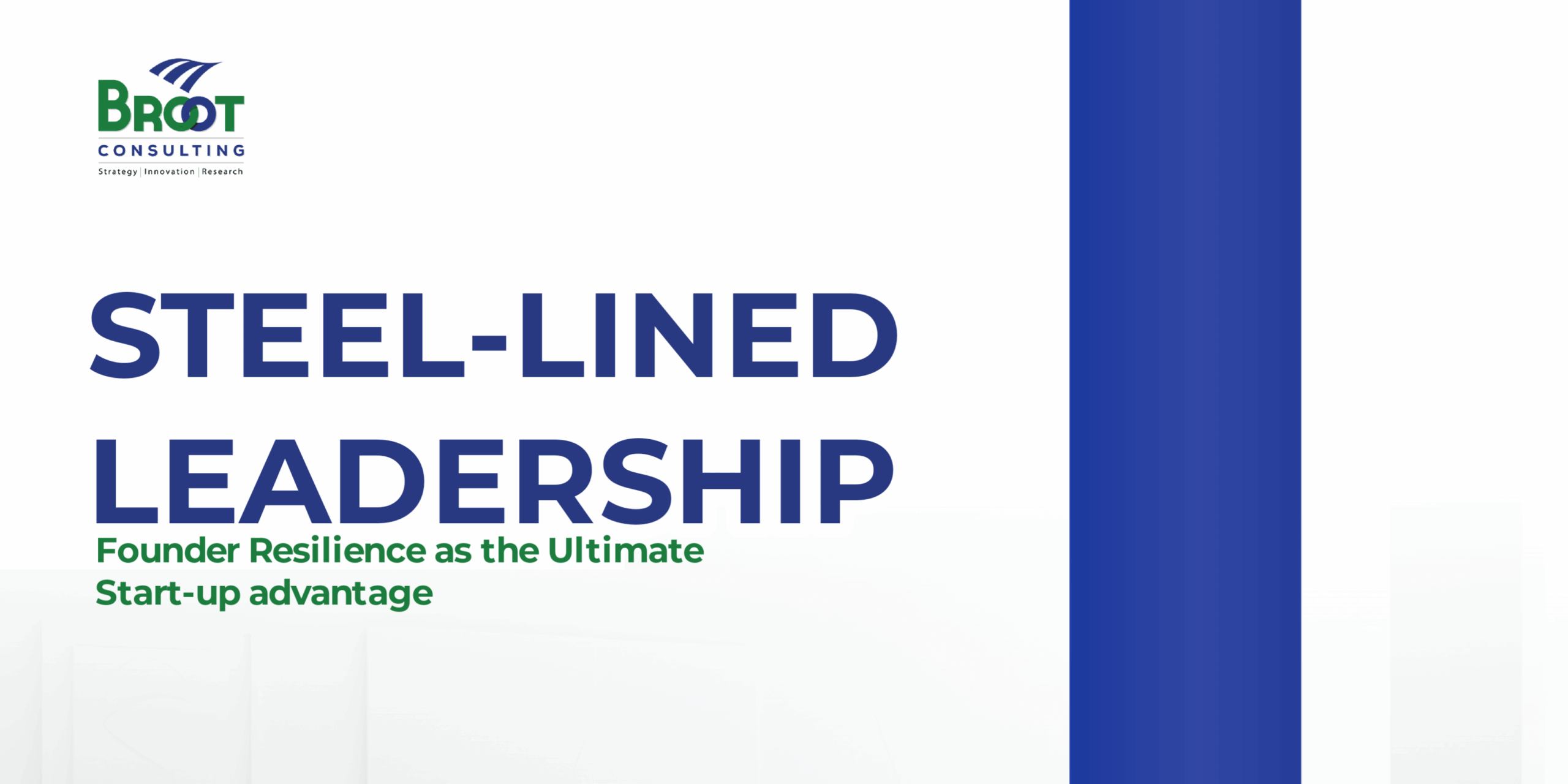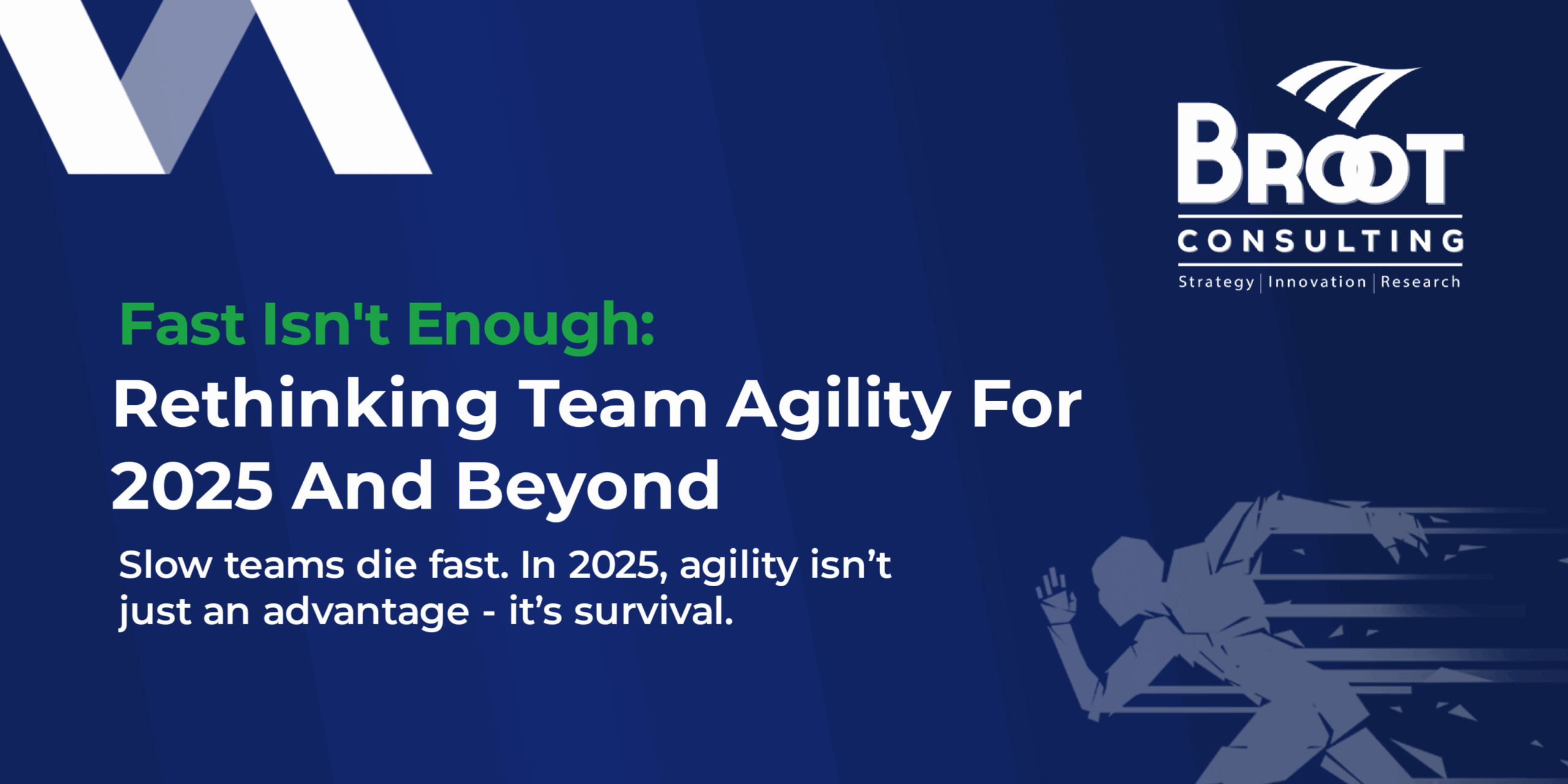Celebrating John Harrison
Did you know that good ideas are not a respecter of status, gender, level of education, class of degree and colour of skin? Innovation and complex problem solving fails today because of the elitist approach to generating creative ideas and solving problems. In 1714, the British government offered the sum of £20,000 (three million pounds in today’s equivalent) to anyone who could come up with a solution to accurately determine the longitude of long-distance travel on the high sea. Ten years after the announcement of the prize award, no solution came from the revered science community of the most brilliant and well-trained European astronomers. John Harrison, a self-educated English carpenter from Yorkshire, took up the challenge. In 1761 he developed a design that proved accurate for the long voyage to Jamaica; on return to England, it was clear that his device (Marine Chronometer) was accurate and had solved the problem. His invention (Marine Chronometer) significantly increased the safety of long-distance sea travel, but the scientific community refused to honour him. They could not fathom how an ordinary self-taught carpenter could solve a problem that has, for decades, defied the wisdom of highly revered scientists. A carpenter is not expected to solve even the dumbest scientific problem! It took the intervention of King George III for John Harrison to get the award and additional prize money of £8750 in 1773! What was this man’s sin that he was only rewarded three years before his death? Have you ever wondered why you cannot generate good ideas to solve problems in your organisation? The answer lies in the following:
- Elitist Culture is your idea generation approach discriminatory and not inclusive. Do you leave your innovation only to those in R&D, those with a certain class of degrees, from certain kinds of universities? Those from certain countries with particular ascent and colour of skins? Your ability for talent and not the certificate or physical look determines what you attract to your
- Pride and Ego: the fact that you have a terminal degree from the best university in the world does not mean you will have all the answers to the problem in your field. Intellectual superiority will deny you the opportunity to see that better ideas exist somewhere else. You need to stoop to get the best of ideas. Stop being the elephant in the room and the most brilliant guy in your team.
- Greed: a culture of greed can also deny the organisation of the needed solution, and facilitate a silo mentality, especially if a prize is attached to a particular design challenge. Ask yourself if greed blinds you from bringing others to help.
- Culture of Fear: the scripture says fear has torment. If your Culture creates unnecessary fear in people, their ability to come up with good ideas to solve your problem will be hampered. Do you use your status to create fear in your subordinates unknowingly?
As we continue with 2023, please give innovation a wing to fly in your organisation by killing the elitist mentality, the Culture of fear and unnecessary ego. Embrace inclusion and the benefits will surprise you.

Olukunle A. Iyanda PhD, FCA, SNFLI.
Founder/CEO, BROOT Consulting Nigeria Limited.
Human-Centric Design Led Innovation Consultant.




